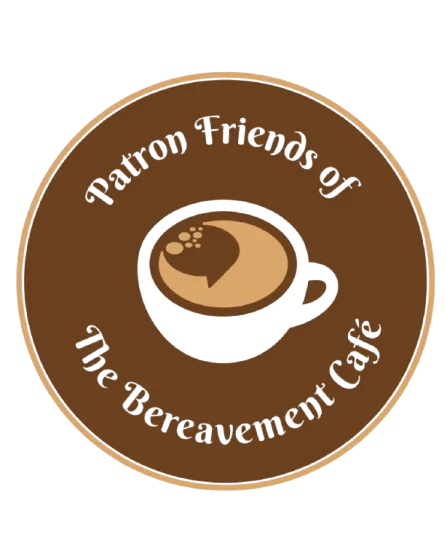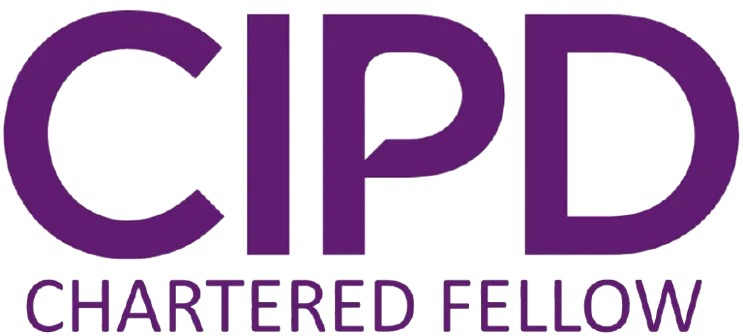Let’s Not Start Any Monday in December with an Investigation
A Simple, Proactive Guide for Care Homes, Nurseries & Special Provisions
Every year, Christmas parties roll around with the same mix of excitement, relief, and that familiar “finally, we can breathe” vibe.
And most of the time, they are a lovely way for teams to connect after a demanding year.
But here’s the bit we don’t always say out loud:
The number of avoidable investigations that land on managers’ desks every Monday in December is unnecessary.

With a bit of upfront clarity, most of them simply wouldn’t happen.
And in regulated environments — care homes, nurseries, special provisions — these incidents carry a heavier weight.
Reputation, safeguarding culture, team morale, trust with families, and even regulatory confidence can all be affected by what happens off-site, outside hours, and under the influence of festive cheer.
So let’s make this year the one where you don’t start Monday morning firefighting, by being proactive, clear, and fair — without killing the vibe of the event.
Why Problems Happen at Christmas Events — And Why They Hit Regulated Settings Harder
Christmas parties blur boundaries very quickly.
The combination of alcohol, relaxed social norms, and staff letting off steam can easily lead to:
- inappropriate comments or “banter” that crosses a line
- over-familiar behaviour
- disagreements fuelled by alcohol
- staff continuing the night elsewhere
- incidents involving members of the public
- personal relationships between colleagues suddenly becoming professional issues
In “ordinary” workplaces, these things are difficult enough. But in care homes, nurseries, and special provisions, managers are always thinking about:
- safeguarding reputations
- the professional standards staff must uphold
- how personal conduct reflects organisational culture
-the expectations of CQC, Ofsted, the local authority, and families
- the wellbeing and safety of people in your care
So when something happens at a Christmas party, it’s rarely “just a HR issue.” It becomes a leadership issue, a safeguarding issue, and sometimes a regulatory issue too.

The Proactive Duty
Since 26 October 2024, employers must take reasonable steps to prevent sexual harassment before it happens.
This applies to:
- work
- work-related social events
- travel to/from events
- after-parties or continuation of the night
- any situation where conduct is connected to employment
It doesn’t matter if the event is off-site, or if it’s outside working hours, or the manager didn’t “see it happen.”
If it’s linked to work, it counts.
And organisations in regulated settings will be expected to show a clear, proactive approach — not just reaction after the fact.
What This Means in Your Sector

Care Homes
Your balancing:
- vulnerable residents
- CQC expectations around culture and leadership
- ongoing concerns about boundary management
- the public’s trust in your service
A poor decision at a party can quickly become a safeguarding referral or a reputational issue

Nurseries
Your highest risks involve:
- staff–parent interactions (especially at mixed events)
- social media posts
- conduct that undermines trust with families
- DSL responsibilities if allegations arise
Nursery culture is scrutinised heavily — even things that happen outside work influence confidence

SEN
Here, professionalism is everything.
Staff are working with children or young people with complex needs, often with heightened safeguarding concerns
Any incident erodes trust faster and has wider implications for behaviour culture, parental relationships, and local authority confidence
How to Avoid Starting Mondays in December with an Investigation
Here’s the good news: You don’t need to overhaul everything.
You just need a few clear, proactive steps that set expectations without being heavy-handed.

1. Do a simple pre-event risk check
This isn’t a long form. Just a quick check on:
- alcohol availability
- venue suitability
- planned transport
- vulnerable interactions such as parents attending nursery events
- mixed teams with previous tensions
- lone staff leaving late at night what happens after the organised event
2. Communicate expectations clearly — in advance
A warm, friendly message does the job: “Enjoy yourselves — but remember our standards still apply.”
Include reminders about:
- acceptable behaviour
- respectful communication
- the fact that sexual harassment policies apply at work-related events
- the after-party risk
- reporting routes
- manager contact if something feels off

You’re not being a killjoy — you’re preventing problems staff don’t want either.

3. Brief your managers
Every setting should have a designated “responsible manager” for the evening.
Not to monitor people with a clipboard. Just someone who:
- keeps an eye on the overall atmosphere
- quietly intervenes early if needed
- is the point of contact if concerns arise
- knows how to de-escalate without embarrassment
This role prevents issues long before they become incidents.
4. Encourage staff to plan their travel
Simple things like:
- shared taxis
- pre-booked rides
- avoiding lone staff travelling late at night
- agreeing a “buddy” approach

These matter more in female-dominated sectors like care and early years.

5. Keep reporting routes visible and normalised
A quick reminder of:
- who staff can speak to
- how to report concerns
- reassurance that reports will be taken seriously
- that retaliation will not be tolerated
This protects both potential complainants and those accused — because expectations are clear.
6. Follow up after the event — even if nothing happened
A quick reminder of:A short “pulse” check shows proactive culture:
- Did staff feel safe?
- Were expectations clear?
- Anything we should adjust next time?

This protects you because it demonstrates reasonable steps both before and after.
CQC, Ofsted and local authorities love this kind of quiet, practical leadership.
A Smooth December Means a Calm January
Your team deserves to enjoy the event. You deserve to head into each week without a stack of avoidable investigations.
And the people who rely on your service deserve a workforce that upholds professionalism at all times.
A bit of proactive communication now saves:
hours of investigation time
uncomfortable conversations
potential safeguarding referrals
reputational damage
team division
leadership scrutiny
Let’s make this the year things run smoothly.
Caring for people is what you do best — it’s your business. Now let’s make the people management side feel just as strong.
Join our free Solve & Thrive HR community
or
explore our Manager Squad services that provide:
Skills development programme for: confident people management, safer conversations and proactive leadership
Software for: turning people data into insights that create safer culture, clearer expectations and fewer Monday-morning surprises
Standards for: consistent, fair and compliant documentation that protects you and your team
© 2026 PMBSS - All Rights Reserved
VAT Reg No: 374775649
Company Number: 13247539





